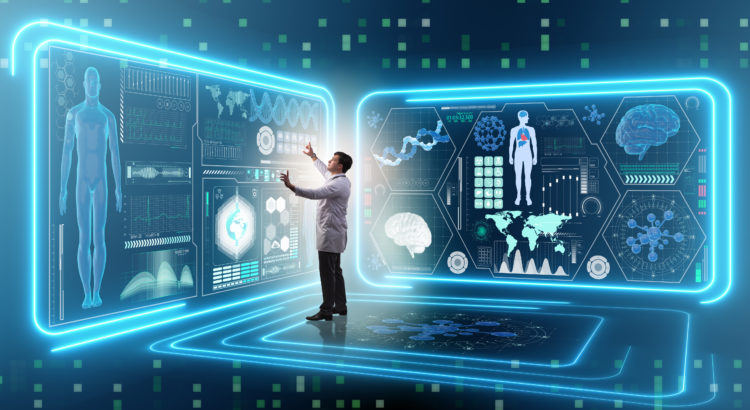Artificial Intelligence (AI) and Machine Learning techniques in healthcare are reaching new heights through research and innovation every day. AI is used currently across all the treatment stages, right from the disease diagnosis, sample analysis, upto their medication and cure.
To make further studies, a team of researchers from the MIT(Madras Institute of Technology) focused on the brain cancer treatment. They reduced the deadly chemotherapy and radiotherapy dosage for the glioblastoma patients to obtain test results.
The team used a research model based on a technique known as the Reinforced Learning (RL). This method was inspired by behavioral psychology in which the model learns by reading the patient’s behavior automatically to generate the desired outcome. The adapted RL model which studied the treatment of glioblastoma used a combination of drugs such as Temozolomide (TMZ), Procarbazine, Lomustine, and Vincristine (PVC). For the test, the researchers:
- Took a trial on a set of 50 patients.
- For every patient, the model conducts about 20,000 trial-and-error tests.
- The model, either initiates or withholds a dose for a patient.
- Based on the reaction, it then decides what amount of dosage is sufficient.
- The treatment cycles of the AI model reduced the effects of the disease to a great extent.
The RL model offers a significant improvement over the traditional “eye-balling” method of administering the patient dosage. The model observes how every patient responds towards the medication given to them and adjusts them accordingly to get the desired results. In this way, AI is learning new ways of medication from the patient data.
